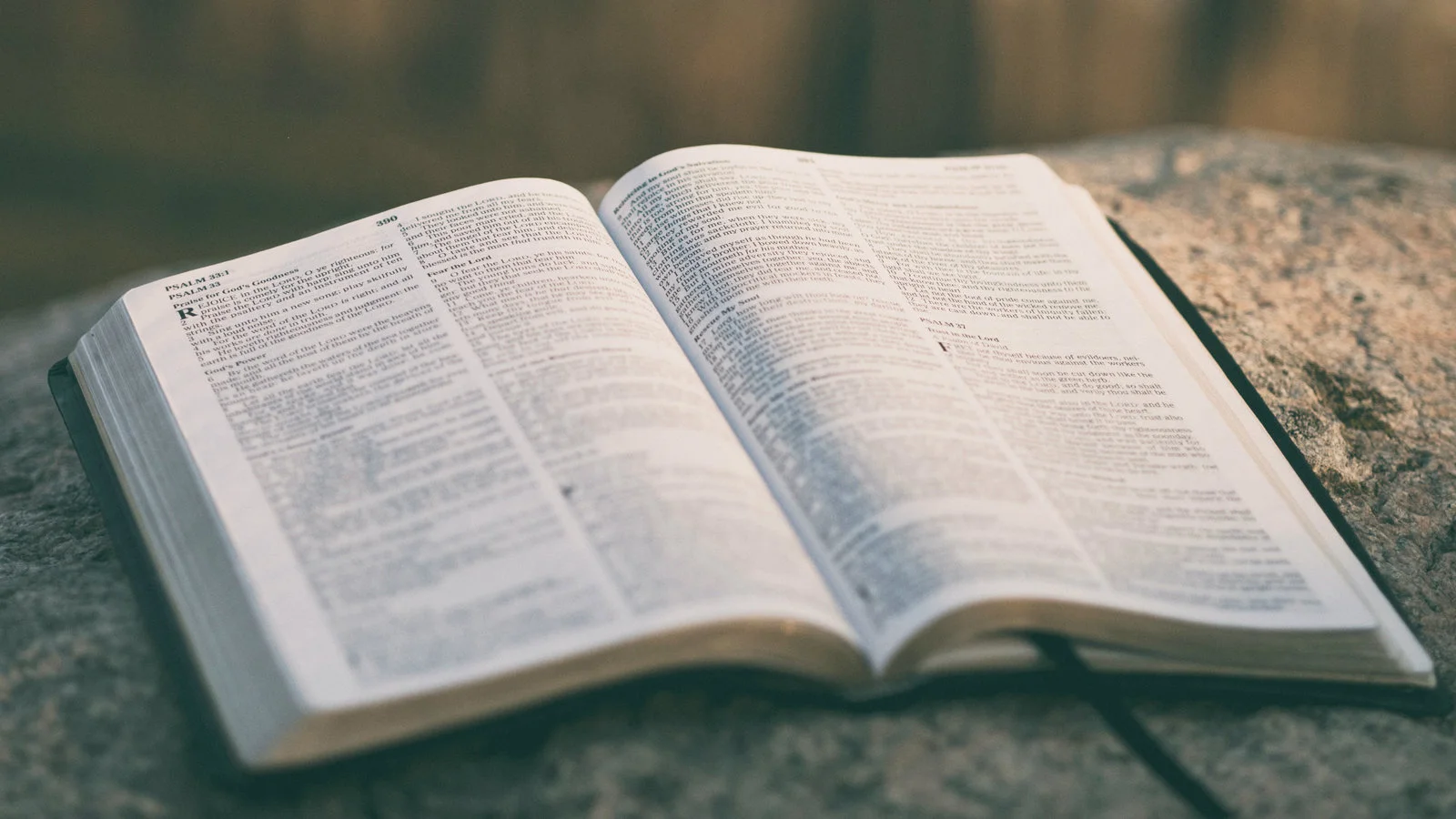“But the angel said to the women, ‘Do not be afraid, for I know that you seek Jesus who was crucified. He is not here, for he is risen, as he said. Come see the place where he lay.” (Matthew 28:5-6)
Tomorrow is the day in which large numbers of Christians around the world celebrate the crucified Son of God being raised from the dead. The implications of the resurrection are countless and could be thought on for the rest our lives with no fear of coming to the end of what the resurrection of Jesus meant and means.





